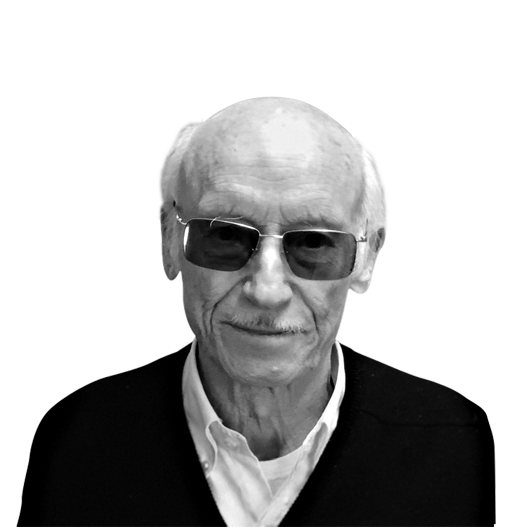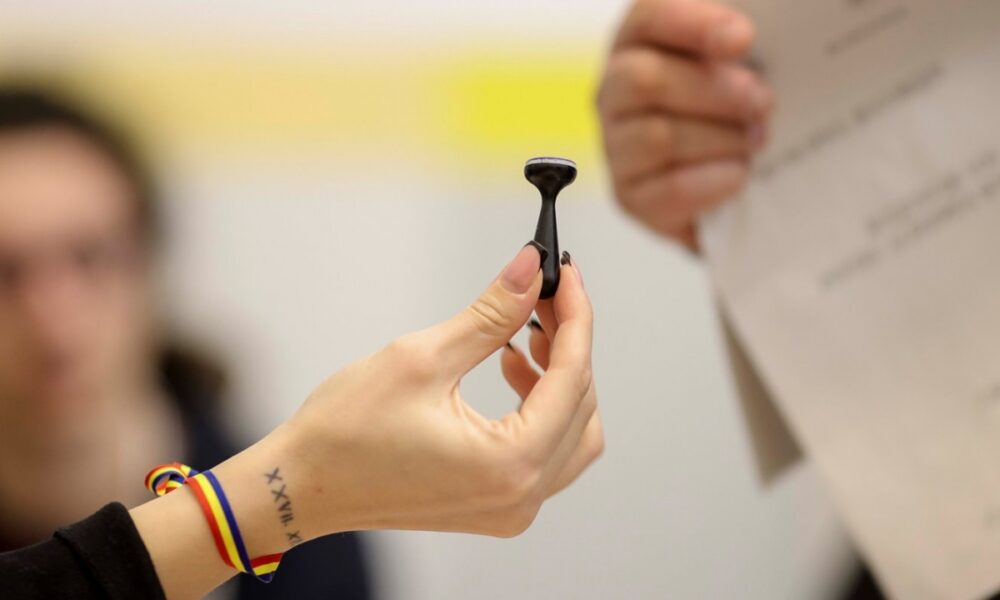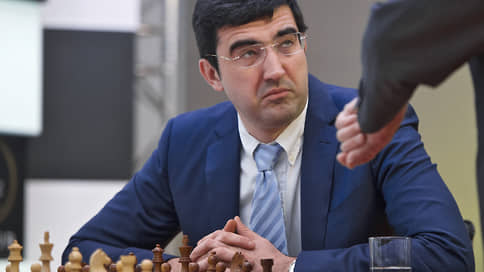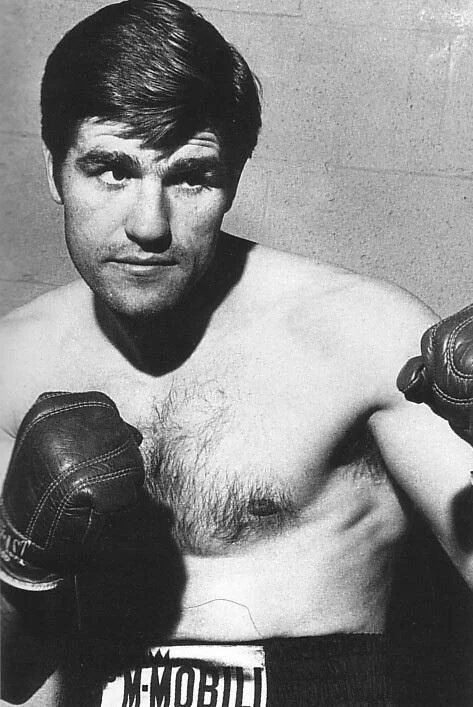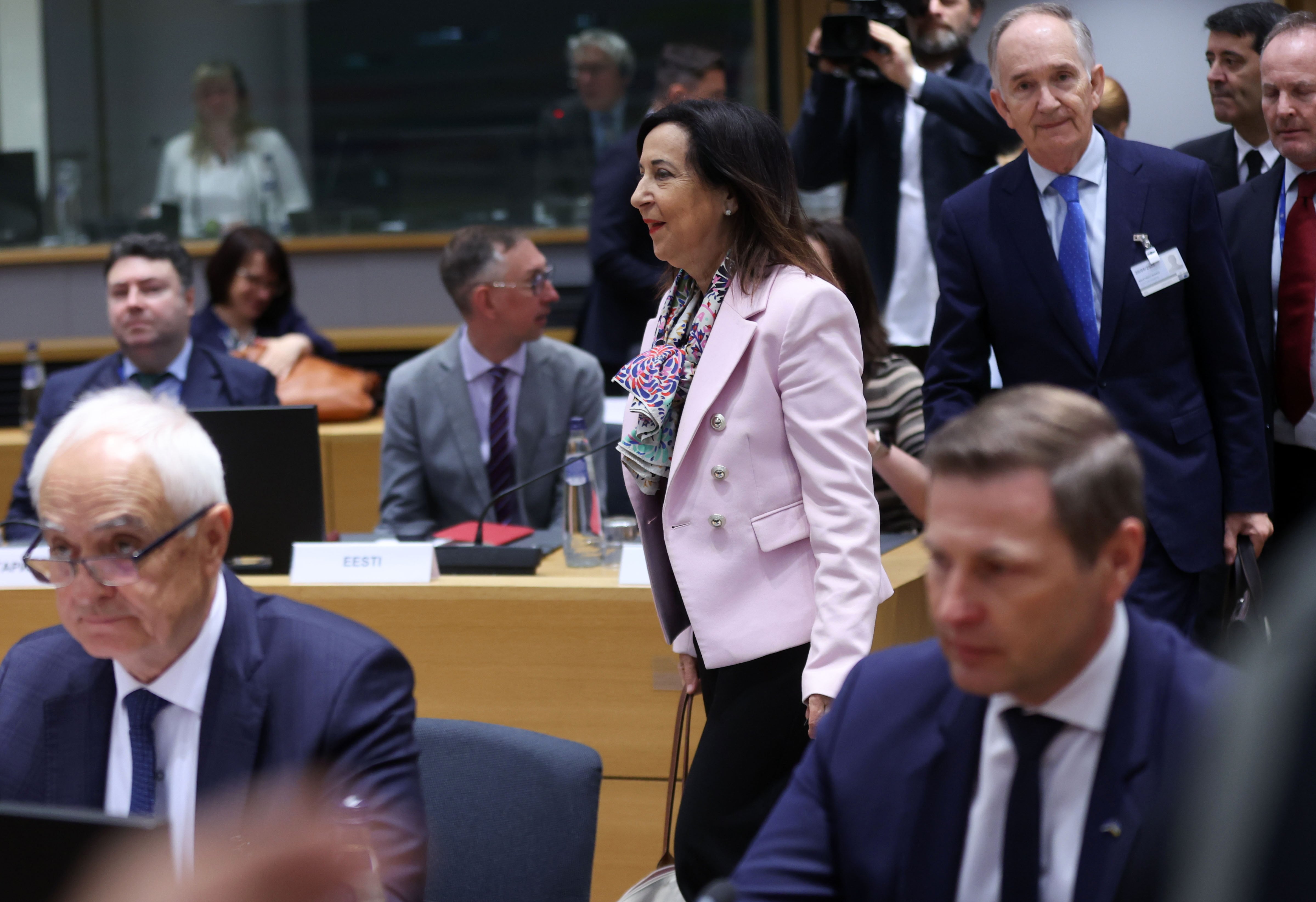Column | Solidarity and collaboration
:format(jpeg):fill(f8f8f8,true)/s3/static.nrc.nl/taxonomy/2d66a5e-Amatmoekrim%2520Karin_09%25202023_02_1280%2520%2528homepage%2529.png)
I was on the way to The Hague on Sunday where I had to lead a debate. I knew that a large pro-Palestine demonstration was planned, but I didn’t expect me to notice a lot. That sounds more cynical than I mean it. I didn’t expect much from it, because the day before at the Eurovision Song Contest, Israel had received the most votes from the public. That means that the country that is currently putting the finishing touches on erasing a people, and poking their land, should win the festival according to the majority of European viewers. Before I clicked the news item on my cell phone, I got along that the number of the Israeli candidate was wearing the title ‘New Day Will Rise’. It gives a dirty taste now that we know that if it is up to Israeli politicians like Bezalel Smotrich, it will be a new day without Palestinians. But perhaps this is a message that can appreciate a large part of the viewers.
So I didn’t expect much from that demonstration, because I was aware that it was bad with the European solidarity with the Palestinians bar. Once I drove into the city, and was diverted, and diverted again, and eventually at one and a half kilometer distance from where I was finally allowed to park, it started to dawn on me: this demonstration was much bigger than I thought. I moved through masses of people dressed in red, reported me 20 minutes late at the organization, was a wonderful debate in front, and during the break we applauded for the passing red crowd. Numbers were mentioned. Someone said: sixty thousand people. Fifteen minutes later there were eighty thousand. This morning, when submitting this column I read: more than one hundred thousand.
And I thought of that word: solidarity. It is a principle based on involvement with another, without you by definition benefit from it. Sociologists believe that solidarity is good for social cohesion, and looking at the different faces in the streets of The Hague, of people from different ranks and positions and beliefs, that seems to be correct. The only thing these people binds is solidarity with a direct people, and a desire for a moral compass in our politics.
That is why I didn’t have to worry about the result of the public voice at Eurovision, someone said. It would have been influenced from outside by an expensive social media campaign, paid by the Israeli government. I was almost relieved, thinking that the call for justice, sounding from one hundred thousand throws, was stronger than one rigged Result of a song competition. But then I read that, at the same time that all those people gathered in the red, politicians from NSC, VVD and BBB in Amsterdam celebrated the fifty -year existence of CIDI. Someone from NSC said to this newspaper That people were confused to think that a genocide took place. And then I thought of Caroline van der Plas and Geert Wilders again the night before On X firmer for Israel than for the Dutch Songfestival candidate welcomed. A striking signal that the most nationalist of our politicians are not on the side of our country itself. The question that remains after a weekend full of cheers and protest is what the leaders of these important parties are of solidarity?
The answer is that they cheer for the oppressor. They stand up for the right of the strongest. The fact that The Hague turned red on Sunday proves once again that an untenable situation has arisen: the Netherlands has a society that calls for solidarity, but we are ruled by collaborators.
Karin Amatmoekrim Is a writer and literary. She writes a column every other week at this place.

:format(webp)/s3/static.nrc.nl/wp-content/uploads/2025/05/19230236/web-1905nws_kemperman.jpg)
/s3/static.nrc.nl/images/gn4/data132562034-58282a.jpg)
:format(webp)/s3/static.nrc.nl/bvhw/files/2023/11/data107849486-8504a9.jpg)
